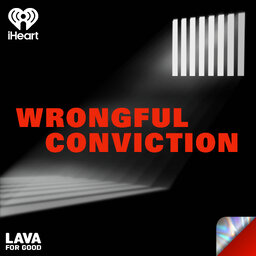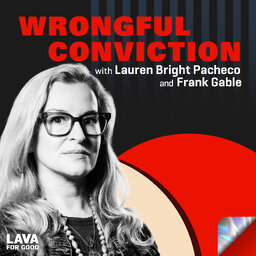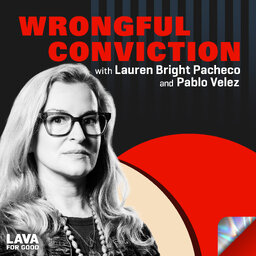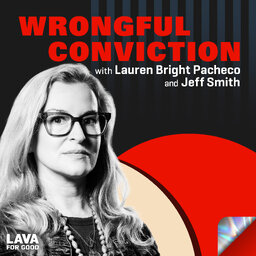#194 Jason Flom with Alexis Ke'Erica Martin
15 year-old Alexis Ke’Erica Martin was aware that her ex-boyfriend was about to free her from sex trafficker, Angelo Kerney, but didn’t know that Kerney was about to be killed. Ohio’s brand new safe harbor law should have protected this inspiring survivor.
Learn more and get involved at:
https://www.gofundme.com/f/gxes23-alexis-keerica-martin-support-fund
http://ohiojpc.org/
Vote for our 2021 Webby Nominees (click links in categories)
-
Wrongful Conviction - False Confessions in Crime & Justice - Limited Series & Specials
-
Wrongful Conviction - Junk Science in Crime & Justice
-
Wrongful Conviction - Junk Science in Science & Education - Limited Series & Specials
Wrongful Conviction is a production of Lava for Good™ Podcasts in association with Signal Co. No1.
 Wrongful Conviction
Wrongful Conviction


